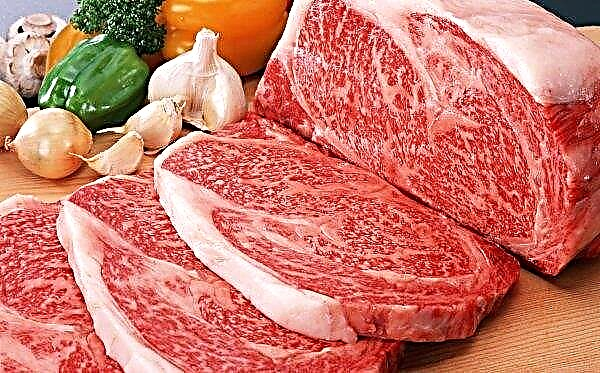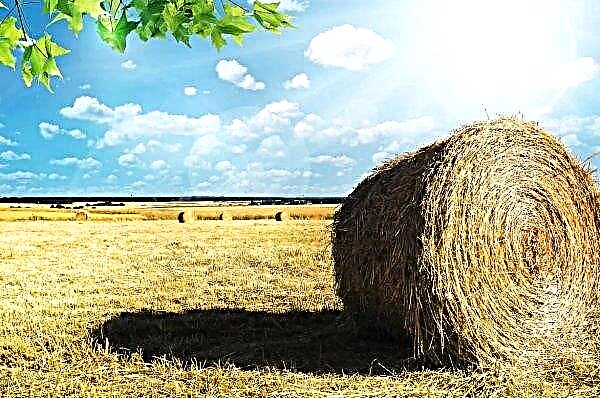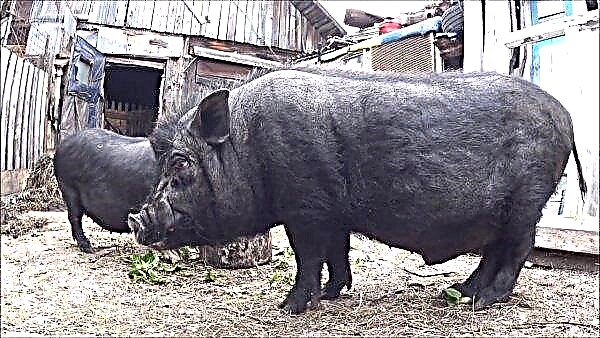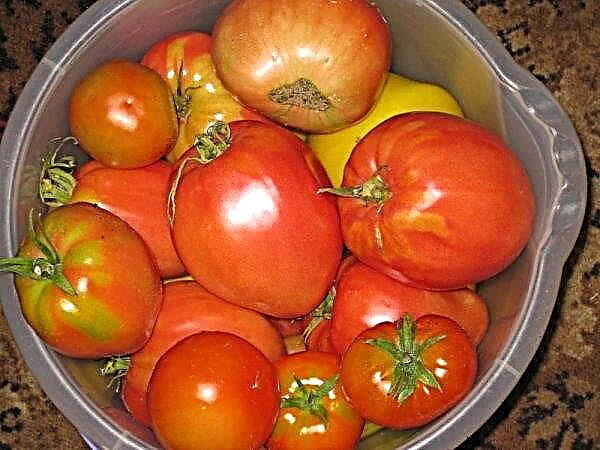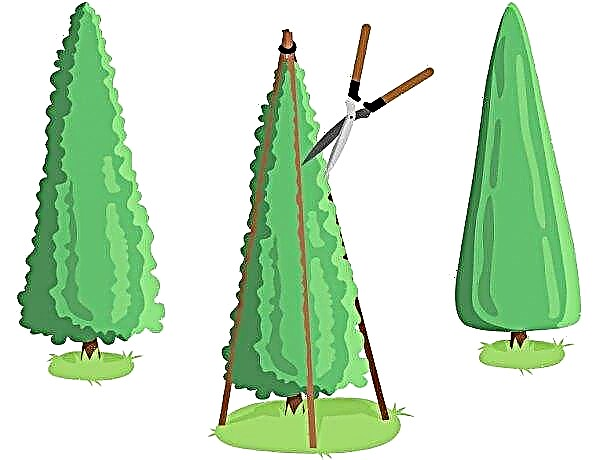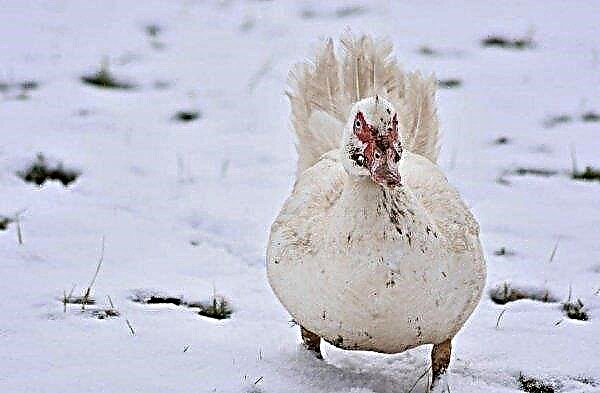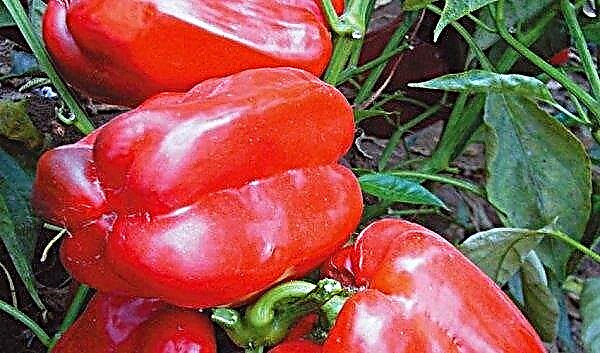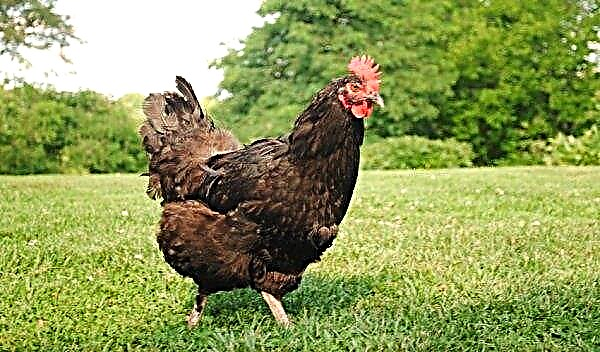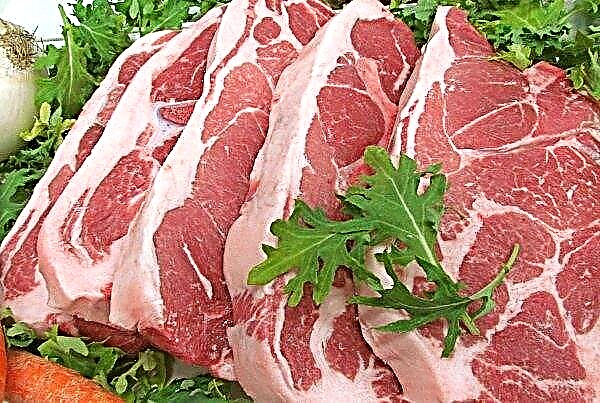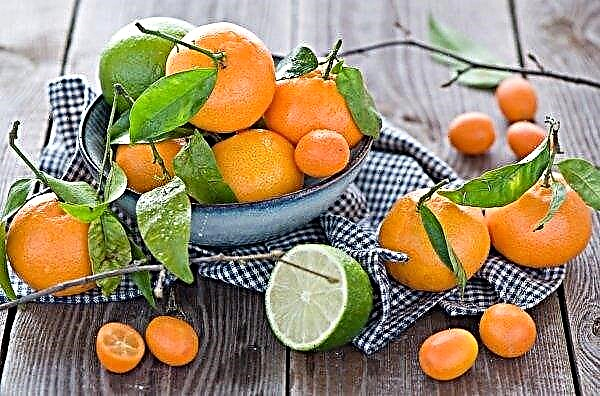A family of immigrants from Lugansk, who lives in with. Smolyars of the Storovyzhevsky district in Volyn, is engaged in breeding pheasants.
In 2014, here Pyotr Romanovich, his wife Galina and son Andrei had to literally start all over from scratch.
Although the Luhansk region belongs to the steppe zone, there were many wild boars, hares, roe deer, and also such birds as pheasants, partridges, ducks. When the family of hunters moved to Volyn, the poverty of the local fauna was surprised. Andrei says that there are much fewer animals in the Starovyzhevshchina. The difference in the number of birds is especially visible. In the Luhansk region there were much more. As Andrei recalls, pheasants flew to the house, sat in the yard in the trees. But in Volyn there are none at all.
According to Andrei Shustval, poaching, cutting areas under crops and fodder crops, deforestation, foci of ASF, burning of dry grass in spring, and breeding of foxes contribute to a decrease in the number of birds. After moving to Volyn, Andrei got the idea to breed pheasants.
The year before last, he bought 200 pheasant eggs from his friends in the Kharkov region. He gave 100 eggs to the regional organization of UTMR, and the others to the local hunter. But the first experience was unsuccessful. All hatched chicks died. Later, Andrei learned that pheasants can be hatched only from those eggs that were bred on the spot and not delivered.
Last May, Andrei's brother brought three females and a male to the village. Now Andrei is waiting for an incubator to try to grow pheasants again. The farmer is planning to release the reared young animals in order to restore the bird population in this way. “I would like to help our nature in this way,” the hunter concludes.

